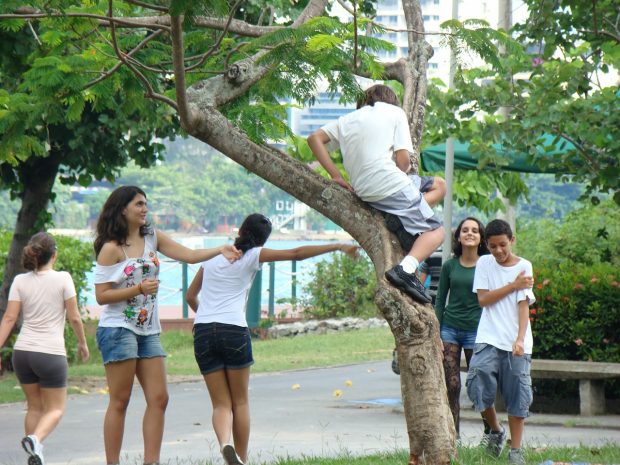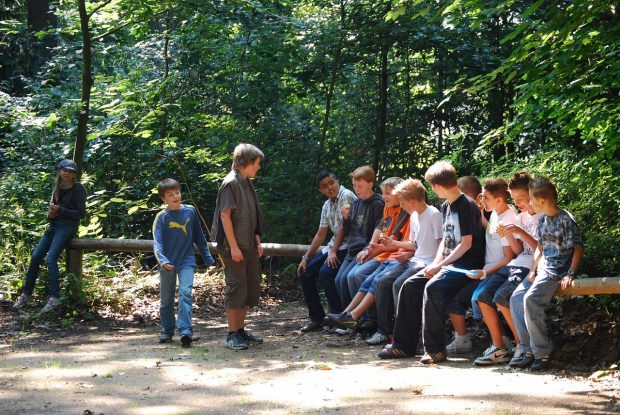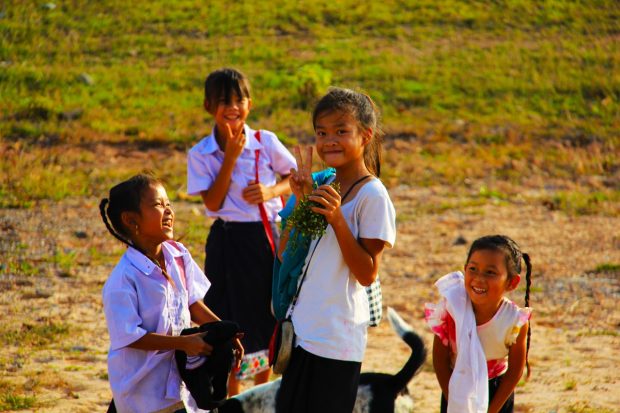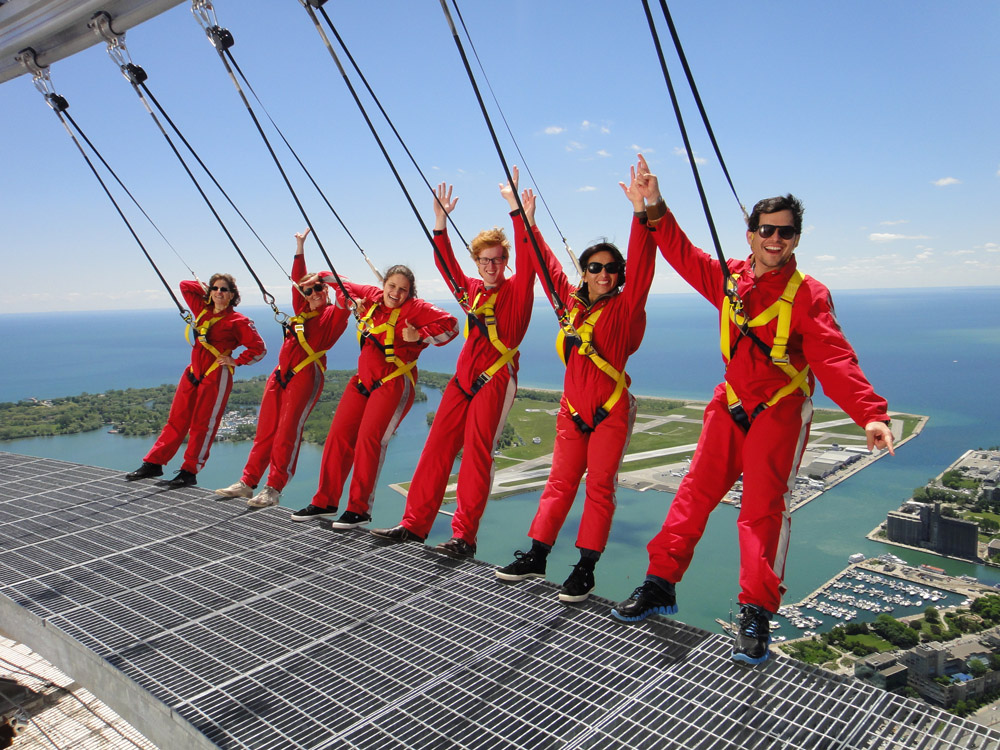Mission trips have become an increasingly popular way for teenagers to learn beyond the classroom. These service-oriented trips go beyond standard excursions to wildlife parks, botanical gardens, or museums by offering a holistic approach to learning. They combine education with real-world experiences, allowing teens to learn vital life skills while making meaningful contributions to communities.
In a world dominated by electronic devices, these trips help teens disconnect from their screens and reconnect with the world around them. But how exactly do mission trips benefit teenagers? Let’s dive into the multifaceted advantages that make these trips a valuable learning experience.
Learning Through Experience
One of the primary reasons mission trips stand out is the experiential learning they provide. It is a well-known fact that humans retain information better when they experience it first-hand. Mission trips offer a direct connection between theoretical knowledge and practical application. While textbooks can teach students about wildlife, history, or culture, physically engaging with these subjects leaves a lasting impression.
Teens are introduced to new environments, whether it’s helping in a community abroad or assisting at a local service site. These experiences foster a better understanding of the world, making subjects like history, geography, and even social studies come alive. Rather than passively absorbing information in a classroom, teens take an active role in their education, which significantly enhances retention and understanding.
Encouraging Social Responsibility
In today’s digital age, teenagers are more connected online than ever, yet their physical engagement with the world around them is declining. Mission trips for teens serve as a solution to this disconnect. They not only teach students about different cultures and ways of life but also instill in them a sense of social responsibility.
By participating in community service, teens gain an appreciation for their role in society and the importance of contributing to the welfare of others. Whether they’re building homes, teaching children, or helping with environmental projects, these activities teach valuable lessons in empathy, teamwork, and leadership. This goes beyond academic learning, as mission trips help teens develop a more profound sense of purpose and an understanding of the impact they can have on others.
Building Independence and Life Skills
One of the most significant benefits of mission trips is the opportunity for teenagers to become more independent. Away from their usual support systems of parents and teachers, teens are forced to take responsibility for themselves and their actions. This can begin with simple tasks like packing for the trip and organizing their belongings, but extends to problem-solving and decision-making in unfamiliar environments.
The challenges teens face during mission trips, such as navigating new places or working in teams, help them build essential life skills. They learn how to manage their time, handle responsibilities, and work under pressure. Furthermore, they learn to adapt to new situations, think critically, and collaborate with others to achieve common goals. These skills are invaluable and serve as building blocks for adulthood.
Fostering Emotional Growth and Teamwork
Mission trips also offer a platform for emotional growth. Teenagers are at a stage in life where they are discovering their identity and place in the world. Mission trips challenge them to step outside their comfort zones and interact with people from different backgrounds. Whether they are traveling abroad or serving in their local community, these interactions broaden their perspective and teach them the importance of inclusivity and understanding.
By engaging with peers and local communities during the trip, teens are encouraged to share, listen, and collaborate. This fosters emotional intelligence and teaches them how to build meaningful relationships. Group activities, discussions, and reflections allow teens to express their thoughts and feelings, helping them develop self-awareness and empathy.
Physical and Mental Well-Being
In a world where many teenagers spend hours glued to electronic devices, mission trips provide a much-needed break from the virtual world. These trips offer a variety of outdoor activities, from hiking and construction work to community farming and clean-up drives. Engaging in physical activities not only promotes fitness but also improves mental well-being by reducing stress and anxiety.
The physical challenges faced during these trips also instill discipline, resilience, and perseverance. Whether it’s working long hours or tackling difficult projects, teens learn the value of hard work and determination, skills that translate into all areas of life.
Building Global Awareness
One of the most profound impacts of mission trips is the cultural exposure they provide. By traveling to different parts of the world or even exploring new regions within their own country, teens gain a deeper understanding of global issues. They learn about different traditions, values, and societal challenges, which broadens their worldview.
This exposure to different cultures fosters global awareness and encourages teens to become more open-minded and tolerant individuals. It also sparks an interest in global affairs and may inspire teens to pursue careers in fields like international relations, social work, or environmental science.
Conclusion: A Journey Beyond Education
Mission trips offer far more than a break from classroom lectures and textbooks. They provide teens with an opportunity to grow emotionally, physically, and socially. From fostering independence to teaching social responsibility and life skills, these trips serve as an invaluable tool in shaping the future generation.
As teens navigate these experiences, they learn not just about the world, but also about themselves. The lessons gained from mission trips go beyond academic education, leaving a lasting impact on personal development and life outlook. Whether they’re building homes in a foreign country or helping out in their local community, mission trips empower teens to become compassionate, responsible, and globally conscious individuals.
















